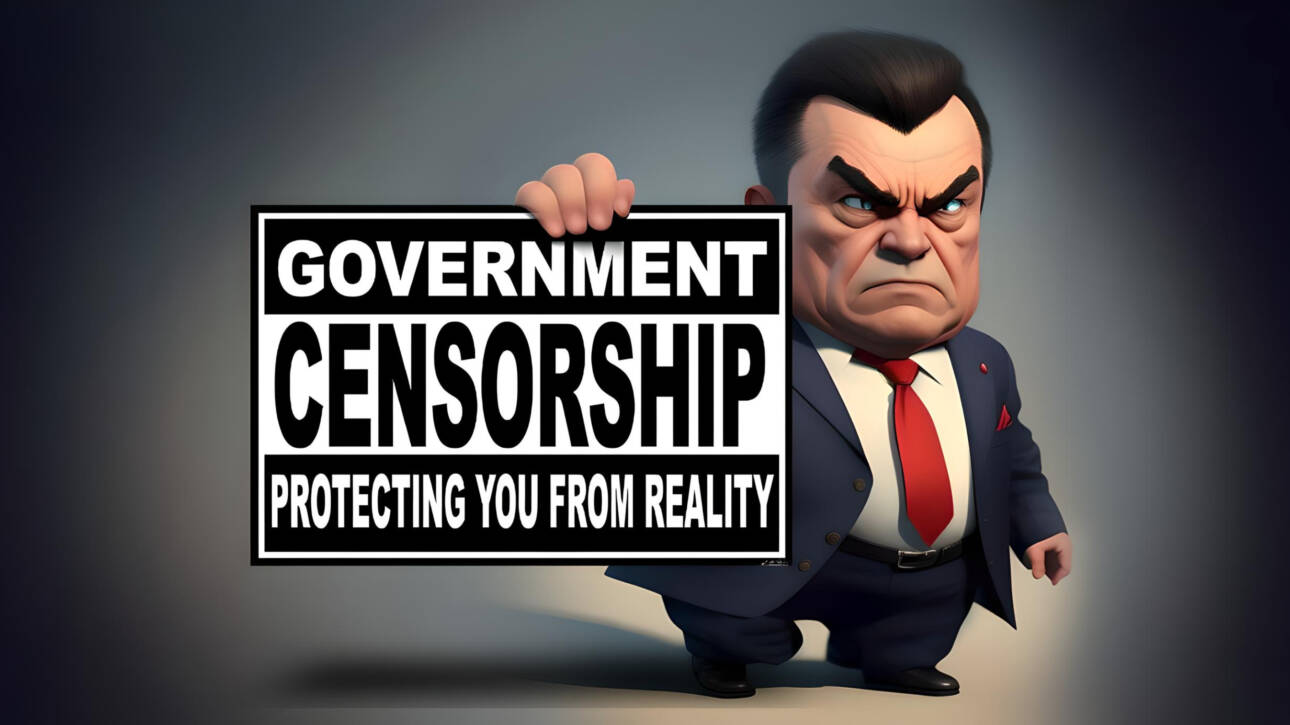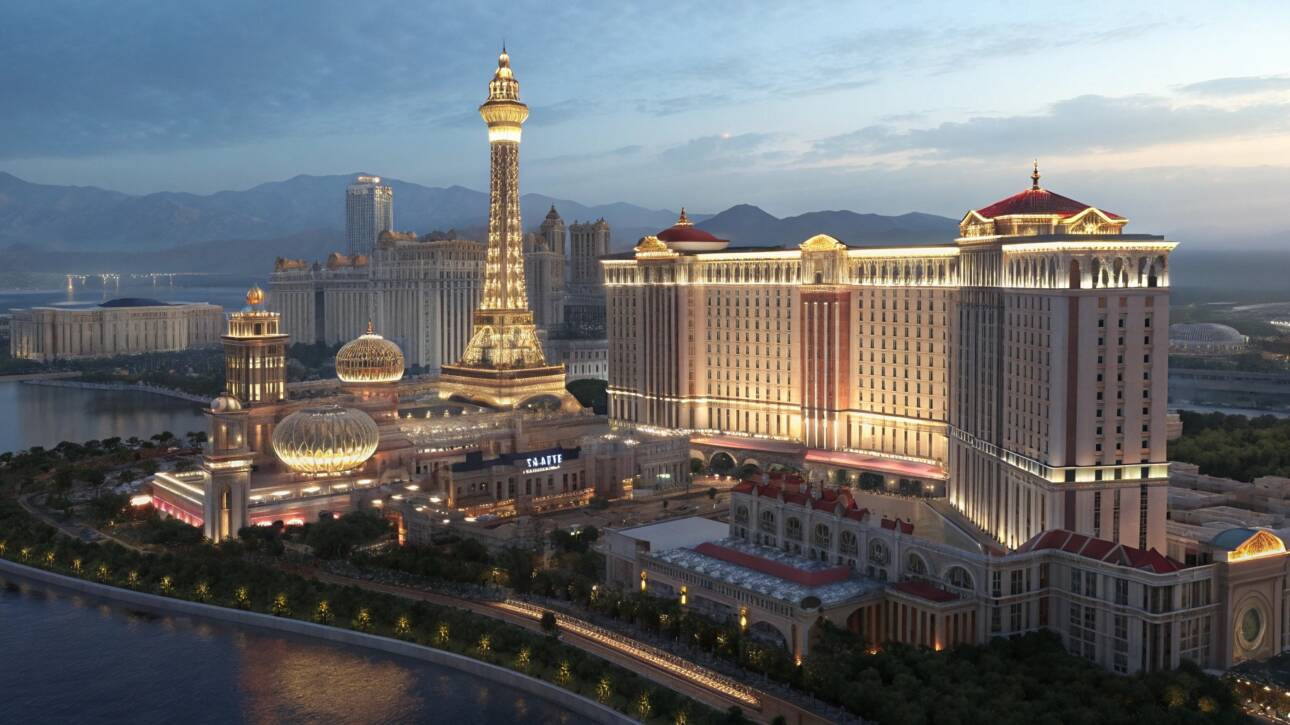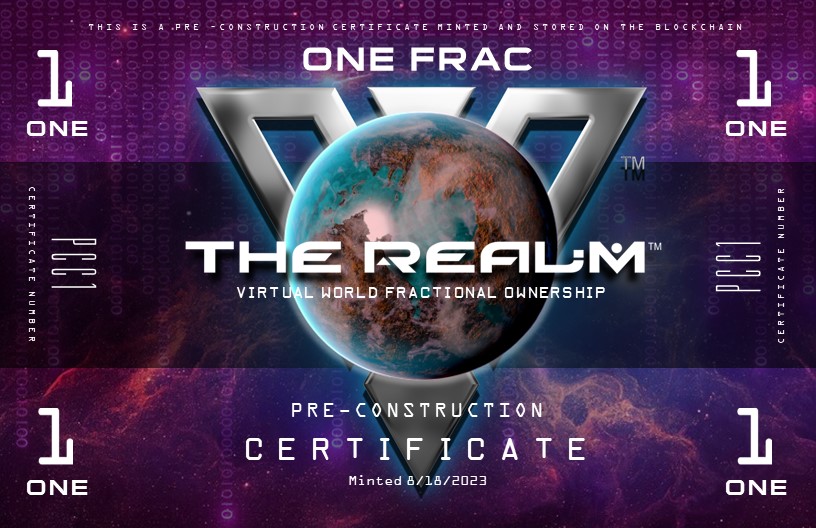First of All, lets address the big elephant in the room:
By virtue of the Fourteenth Amendment, the First Amendment’s constitutional right of free speech and intellectual freedom also applies to state and local governments. Government agencies and government officials are forbidden from regulating or restricting speech or other expression based on its content or viewpoint. Although THEY DO IT ANYWAY.
American Constitution
Therefore
The author’s view of censorship by the government is unconstitutional at it’s base. In contrast, when private individuals or groups organize boycotts against stores that sell magazines of which they disapprove, their actions are protected by the First Amendment, although they can become dangerous when taken to extremes.
Censorship and The United States
Censorship is a centuries-old issue for the United States. The importance of intellectual freedom and the freedom of speech is particularly evident in libraries, organizations dedicated to the access and spread of information. Issues regarding censorship and intellectual freedom have even reached the US Supreme Court.
The following essay serves as a history of censorship in the United States, particularly in its libraries, and how the same issues of censorship have now transitioned into the digital age.
Throughout the history of the United States, there are many examples of censorship and censorship related attempts. to subvert Constitutional Law.
Oltmann 2016a, 153
One Example
One seminal example of censorship on the grounds of obscenity involves James Joyce’s most famous work, Ulysses (1922). Prior to the novel’s US publication, the work was serialized in the literary magazine The Little Review. Following this first publication of Ulysses, three issues of The Little Review were seized and burned by the US Postal Service on the grounds that its content was deemed “obscene.”
The Book Ulysses 1995
A complaint was made regarding a particular chapter that was published in the magazine, and after a trial the publishers were convicted and fined (Baggett 1995). Publication of Ulysses in the United States stopped for more than a decade (Gillers 2007). It was not until the federal district court case United States v. One Book Called Ulysses in 1933 that the novel could legally be published in the United States (Gillers 2007).
Court Proceedings
In the ruling for the case, Judge John M. Woolsey established the important notion that an entire work, rather than just a portion of it, should be considered for the work to be declared obscene (United States v. One Book Called Ulysses 1933).
The Supreme Court Ruling
The Supreme Court ruled in the case Roth v. United States (1957) that obscenity was not protected under the First Amendment. It also developed what came to be known as the Roth test for obscenity, which was “whether to the average person, applying contemporary community standards, the dominant theme of the material, taken as a whole, appeals to the prurient interest” (Roth v. United States 1957, at 489).
The Roth Test
However, the Roth test definition of obscenity proved difficult to apply. In the Supreme Court case Jacobellis v. Ohio (1964), which addressed whether states had the right to ban films they deemed obscene, Justice Potter Stewart famously stated that while he could not precisely define pornography, “I know it when I see it” (Jacobellis v. Ohio 1964, at 197).
The Roth test was eventually expanded with the case Miller v. California (1973). Under the Miller test, a work is obscene if Freedom of speech is particularly pertinent to libraries, as it “encompasses not only a right to express oneself, but also a right to access information” (Oltmann 2016a, 153).
The First Amendment
The First Amendment is a common argument made by advocates against the act of censorship (Lambe 2002). As Pinnell-Stephens (2012) writes, “The basis of intellectual freedom in libraries lies in the First Amendment” (xi). However, interpretation of the First Amendment is not concrete, and throughout US history, courts have attempted to decide what freedoms are actually protected under the First Amendment.
At the highest level, the US Supreme Court has heard many cases dealing with the First Amendment and the freedom of speech, which can also be relevant to libraries since they attempt to provide an environment of free expression and accessibility.
Obscenity Laws Defined By The ALA
Many definitions of censorship have been proposed over the years. The American Library Association (ALA) defines censorship as a “change in the access status of material, based on the content of the work and made by a governing authority or its representatives. Such changes include exclusion, restriction, removal, or age/grade level changes” (ALA 2016).
Who Decides What’s Offensive?
According to Prebor and Gordon (2015), censorship is “an action utilized in order to prohibit access to books or information items because their content is considered dangerous or harmful to their readers” (28).
Definition of “Offensive”
Knox (2014) describes censorship as “an amalgamation of practices, including the redaction of text in a document, cutting pages out of a book, or denying access to materials” (741). While many definitions of censorship have been used, according to Oppenheim and Smith (2004), “the general sentiment behind most definitions is that something is withheld from access by another” (160).
The term “censorship” comes from The Latin, censere “to give as one’s opinion, to assess.” The Roman censors were magistrates who took the census count and served as assessors and inspectors of morals and conduct.
In contrast to that straightforward definition from Roman times, contemporary usage offers no agreed-upon definition of the term or when to use it. Indeed, even whether the word itself applies to a given controversy in the arts is often vigorously contested.
Here are excerpts of definitions of “censorship” from U.S. organizations and publications with varying views. They are not intended as any composite mega-definition of the term, only as indications of the variety of approaches to this concept.
Censor: One who supervises conduct and morals: as a) an official who examines materials (as publications or films) for objectionable matter; b) an official (as in time of war) who reads communications (as letters) and deletes material considered harmful to the interests of his organization. Censorship: The institution, system or practice of censoring; the actions or practices of censors; esp : censorial control exercised repressively.
Webster’s Dictionary
Merriam Webster’s Collegiate Dictionary
Censorship: The use of the state and other legal or official means to restrict speech.
Culture Wars, Documents from the Recent Controversies in the Arts, edited by Richard Boltons
By Who’s Authority Suggests Motive To Remove?
In general, censorship of books is a supervision of the press in order to prevent any abuse of it. In this sense, every lawful authority, whose duty it is to protect its subjects from the ravages of a pernicious press, has the right of exercising censorship of books.
The Catholic Encyclopedia (a publication of the Catholic Church)
What Is Censorship?
Censorship is the suppression of ideas and information that certain persons, individuals, groups or government officials find objectionable or dangerous. It is no more complicated than someone saying, “Don’t let anyone read this book, or buy that magazine, or view that film, because I object to it!” Censors try to use the power of the state to impose their view of what is truthful and appropriate, or offensive and objectionable, on everyone else. Censors pressure public institutions, like libraries, to suppress and remove from public access information they judge inappropriate or dangerous, so that no one else has the chance to read or view the material and make up their own minds about it. The censor wants to prejudge materials for everyone.
Censorship Is Control by Those “IN Control”
For the ALA, technically censorship means the “The Removal of material from open access by government authority.” The ALA also distinguishes various levels of incidents in respect to materials in a library which may or may not lead to censorship: Inquiry, Expression of Concern, Complaint, Attack, and Censorship.
– The American Library Association
The word “censorship” means “prior restraint” of First Amendment rights by government.
Who Determines the Moral RIGHT?
Morality in Media (Morality in Media is “a national, not-for-profit, interfaith organization established in 1962 to combat obscenity and uphold decency standards in the media.”)
-
-
- The denial of freedom of speech or freedom of the press.
-
- The review of books, movies, etc., to prohibit publication and distribution, usually for reasons of morality or state security.
Oran’s Dictionary of Law
Censorship Stifles Creativity and Individuality
Censorship: official restriction of any expression believed to threaten the political, social, or moral order.
Encyclopedia.Com
Censorship – the prevention of publication, transmission, or exhibition of material considered undesirable for the general public to possess or be exposed to.
Fast Times™
Fast Times’ Political Dictionary (Fast Times is “a nonpartisan publication on contemporary world affairs & media with no political, ideological, or religious affiliation of any kind.”)
Government Censorship:
Once the cyclical suppression, banning, expurgation, or editing by an individual, institution, group or government that enforces or influences its decision against members of the public of any written or pictorial materials which that individual, institution, group or government deems obscene and “utterly” without redeeming social value,” as determined by “contemporary community standards begins, the end result is book burning and social communism.”
Professor of Journalism and Mass Communication, University of North Carolina
Excerpt By Chuck Stone



















